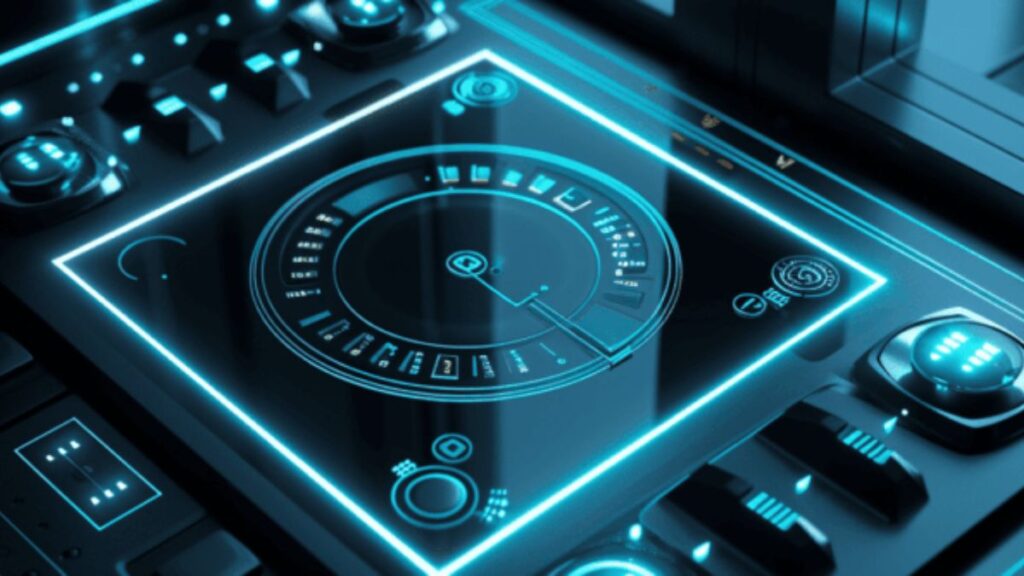In today’s fast-paced world, precision is everything. Whether you’re in manufacturing, healthcare, or even food services, the accuracy of your tools and instruments can greatly impact outcomes. One term that often comes up in discussions about quality control is “kalibraatio.” This Finnish word translates to calibration and serves as a cornerstone for ensuring that measurements are accurate and reliable across various industries. Understanding kalibraatio isn’t just beneficial; it’s essential for maintaining standards and achieving excellence. Join us as we delve into the significance of kalibraatio and discover why it should be at the forefront of every industry professional’s mind.
What is Kalibraatio?
Kalibraatio, or calibration, refers to the process of adjusting and verifying the accuracy of measuring instruments. It ensures that tools provide reliable results within specified limits.
This practice involves comparing a device’s measurements against a known standard. By identifying any discrepancies, technicians can make necessary adjustments.
The importance of kalibraatio cannot be overstated. Inaccurate measurements can lead to faulty products, compromised safety, and significant financial losses.
Calibration is not just about compliance; it’s about instilling confidence in your processes. Whether you’re working with scales in a lab or temperature sensors on an assembly line, every detail counts.
Regularly scheduled kalibraatio guarantees that equipment performs optimally over time. This proactive approach helps maintain quality while minimizing risks associated with measurement errors.
The Role of Kalibraatio in Different Industries
Kalibraatio plays a critical role across various industries, ensuring precision and reliability in measurements. In the manufacturing sector, accurate calibrations of machines lead to improved product quality and reduced waste.
In healthcare, kalibraatio is vital for medical devices like blood pressure monitors and glucose meters. Accurate readings can significantly impact patient treatment and outcomes.
The food industry also benefits from calibration. Ensuring scales and measuring instruments are precise helps maintain safety standards and regulatory compliance.
Laboratories rely heavily on kalibraatio as well. It guarantees that experiments yield reliable data, which is essential for research breakthroughs.
Even within the energy sector, proper calibration of equipment enhances efficiency while minimizing risks associated with faulty measurements. Each industry demonstrates how integral kalibraatio is to operational success.
Benefits of Kalibraatio
Kalibraatio offers numerous advantages across various sectors. It ensures accuracy in measurements, which is crucial for maintaining product quality.
With precise calibration, businesses can reduce errors that lead to costly reworks or recalls. This not only saves money but also protects brand reputation.
Another benefit is compliance with industry standards and regulations. Many industries require regular calibration to meet safety and performance guidelines. Staying compliant helps avoid fines or legal issues.
Furthermore, effective kalibraatio enhances operational efficiency. When instruments function correctly, productivity increases, allowing teams to focus on core tasks without interruptions caused by faulty equipment.
It fosters trust among clients and stakeholders. Consistent precision establishes a company’s credibility in the market, making it more appealing for partnerships and collaborations.
Common Tools and Instruments that Require Calibration
Numerous tools and instruments require kalibraatio to ensure accurate measurements. One of the most common is the digital multimeter, used for measuring voltage, current, and resistance. Regular calibration maintains its precision.
Thermometers are another essential instrument needing careful calibration. Whether in medical or industrial settings, correct temperature readings can be critical for safety and efficacy.
Scales also play a significant role across various industries. Calibration ensures that weight measurements remain consistent, which is crucial in sectors like food processing and pharmaceuticals.
Pressure gauges are widely used in manufacturing environments. They help monitor processes accurately; thus, regular kalibraatio is vital to prevent malfunctions or hazardous situations.
Laboratory equipment such as pipettes must be calibrated regularly for precise liquid handling. This accuracy directly impacts experimental outcomes and research reliability.
How Often Should Calibration be Done?
Calibration frequency can vary significantly based on several factors. These include the specific industry standards, the type of equipment in use, and how often it is utilized.
For industries like pharmaceuticals or aerospace, regular calibration is crucial. Equipment may need to be calibrated daily or weekly to ensure compliance with stringent regulations.
In other sectors, such as construction or manufacturing, quarterly or biannual calibrations might suffice. However, if tools are subjected to harsh conditions frequently, more frequent checks are advisable.
It’s also essential to consider manufacturer guidelines when determining intervals for calibration. Following these recommendations ensures reliability and accuracy of measurements over time.
Keeping a consistent schedule helps avoid unexpected downtime and costly errors that could arise from uncalibrated instruments. Regular evaluations reinforce confidence in your processes and results across all operations.
Choosing a Reliable Calibration Service Provider
Selecting a dependable calibration service provider is crucial for maintaining accuracy in your operations. Start by assessing their credentials. Look for certifications that demonstrate compliance with industry standards.
Experience matters too. Providers with a long track record generally have refined processes and expertise that newer companies may lack. Ask about their technicians’ qualifications; skilled professionals ensure precise calibrations.
Consider the range of services offered. A versatile provider can cater to various instruments, saving you from needing multiple vendors.
Customer reviews and testimonials provide insight into reliability and customer satisfaction as well. Reach out to past clients if possible, or check online ratings for additional perspectives.
Inquire about turnaround times and pricing structures upfront to avoid surprises later on. Transparency in these areas reflects a trustworthy business approach that benefits both parties involved.
Conclusion
Kalibraatio plays a vital role across various industries, ensuring accuracy and reliability in measurements. Its importance cannot be overstated, as it directly impacts quality control and compliance with industry standards. By understanding its significance and implementing proper calibration practices, businesses can enhance their operational efficiency.
The benefits of kalibraatio extend beyond mere compliance; they include improved product quality, reduced waste, and increased customer satisfaction. Regular calibration helps to maintain the integrity of tools and instruments essential for everyday operations.
Choosing a reliable calibration service provider is crucial for maintaining consistent standards in your business processes. A trusted partner not only offers expertise but also understands the unique requirements of different industries.
Investing time in kalibraatio ensures that you are equipped to meet challenges head-on while fostering an environment where precision is paramount. The path to success often lies in the details, making this practice indispensable for any organization striving for excellence.






